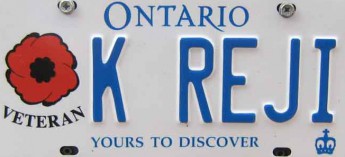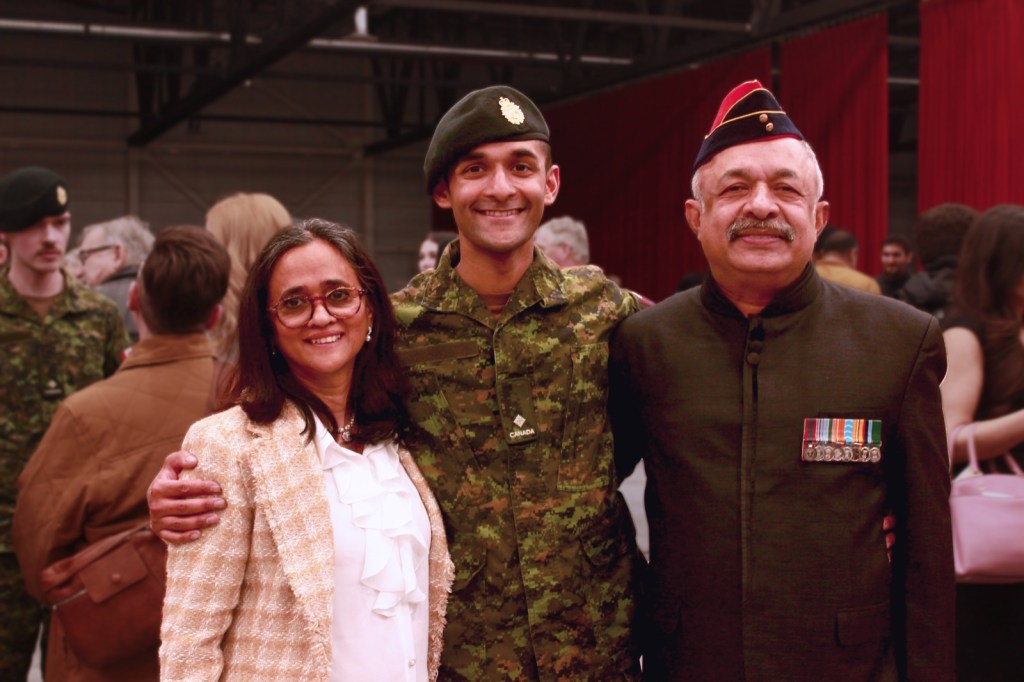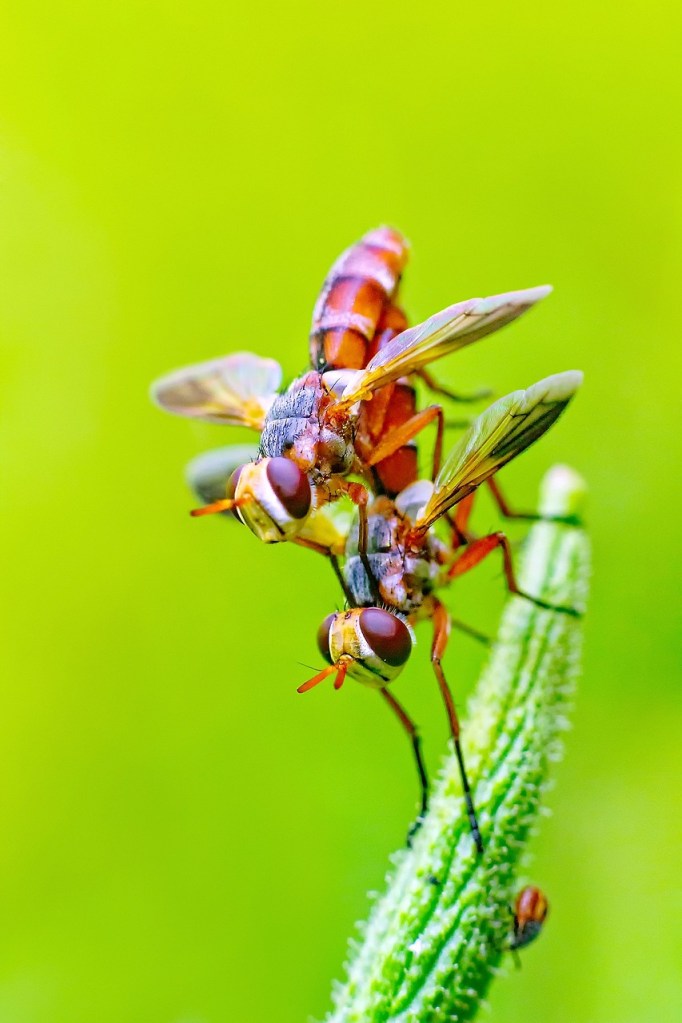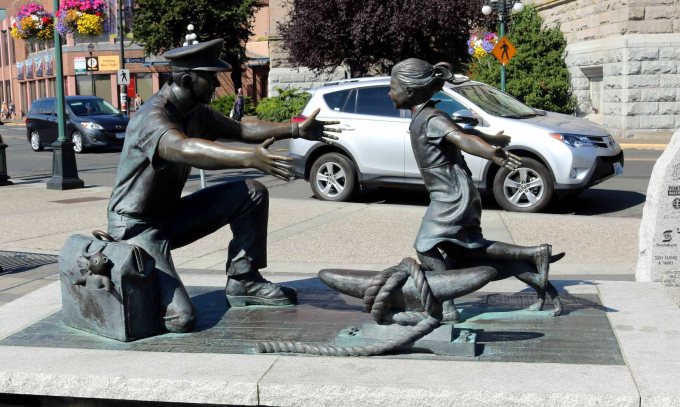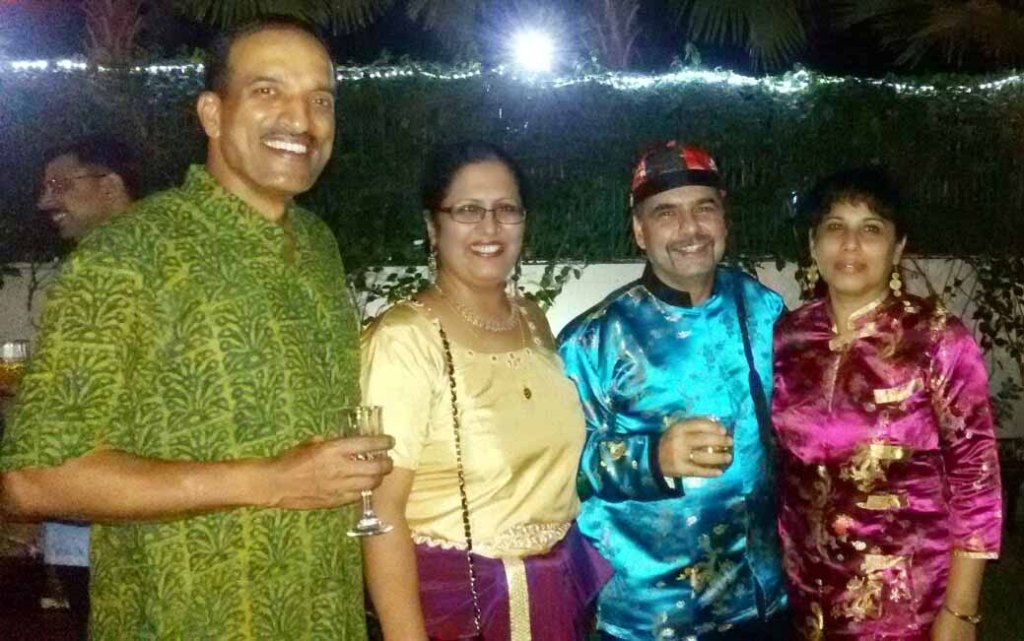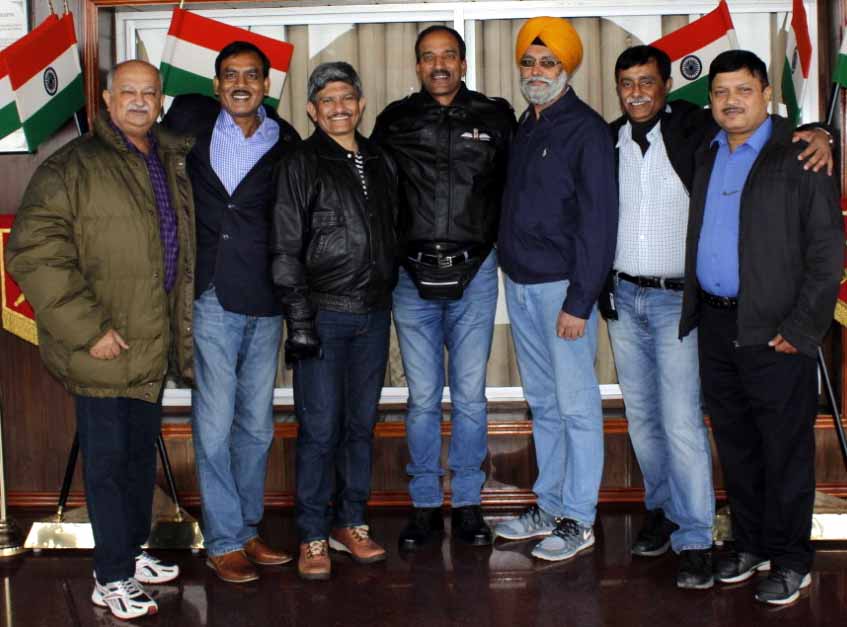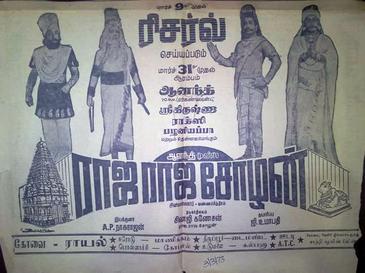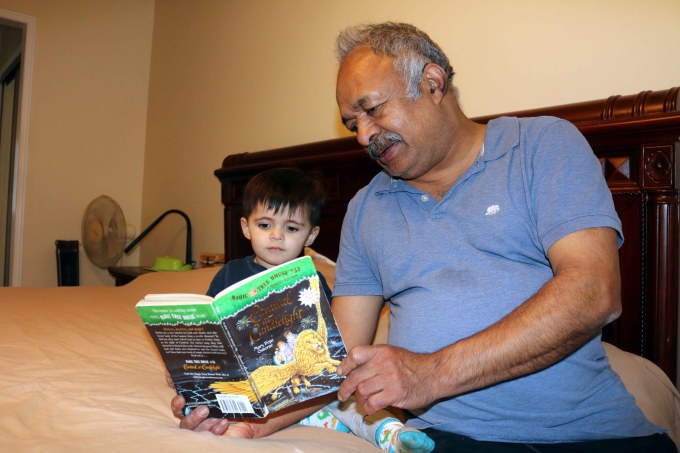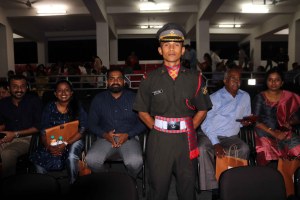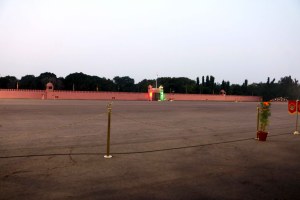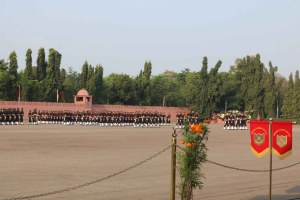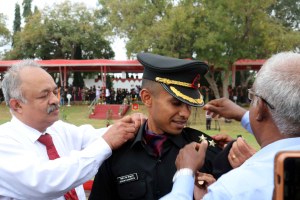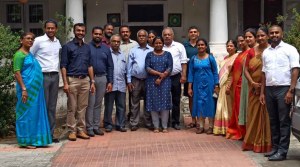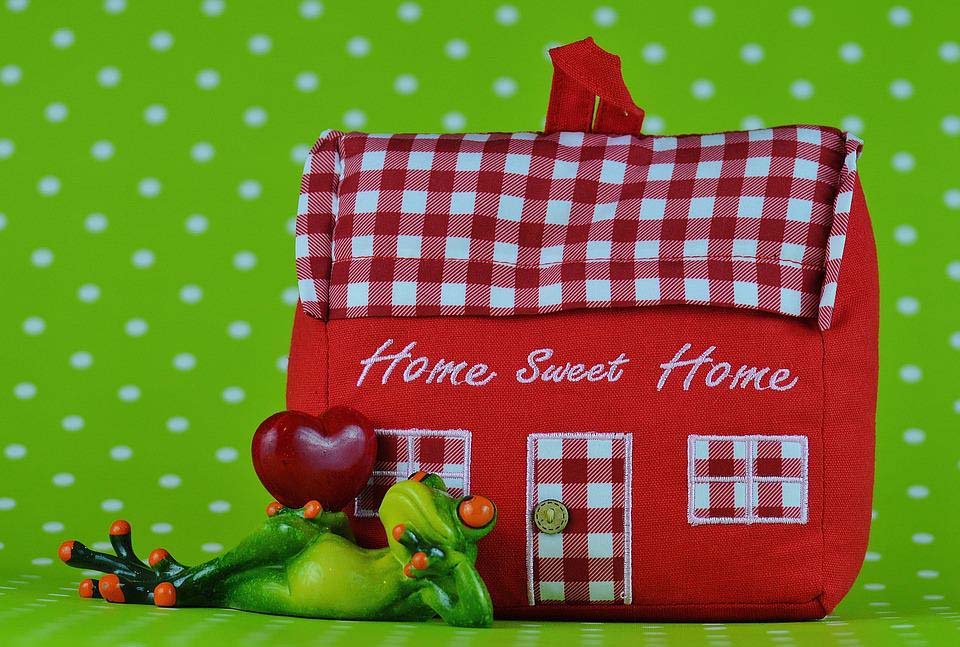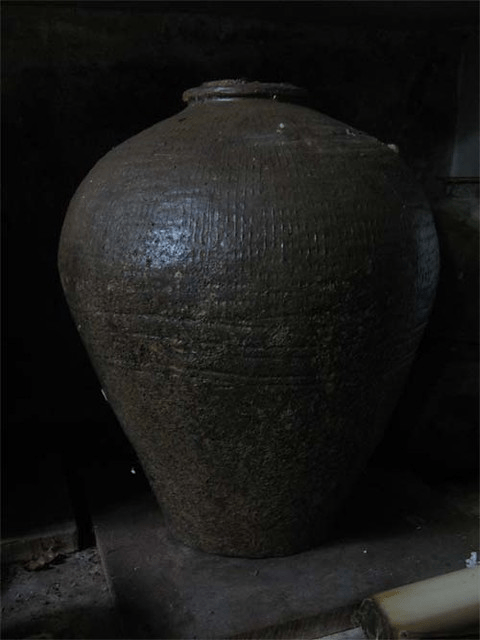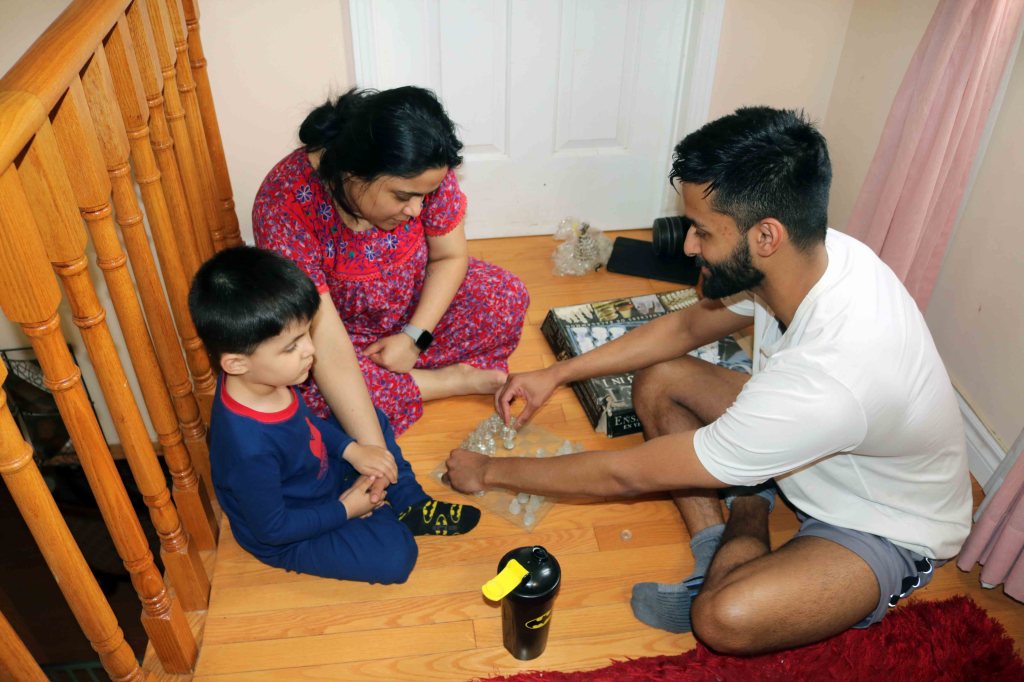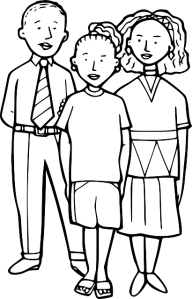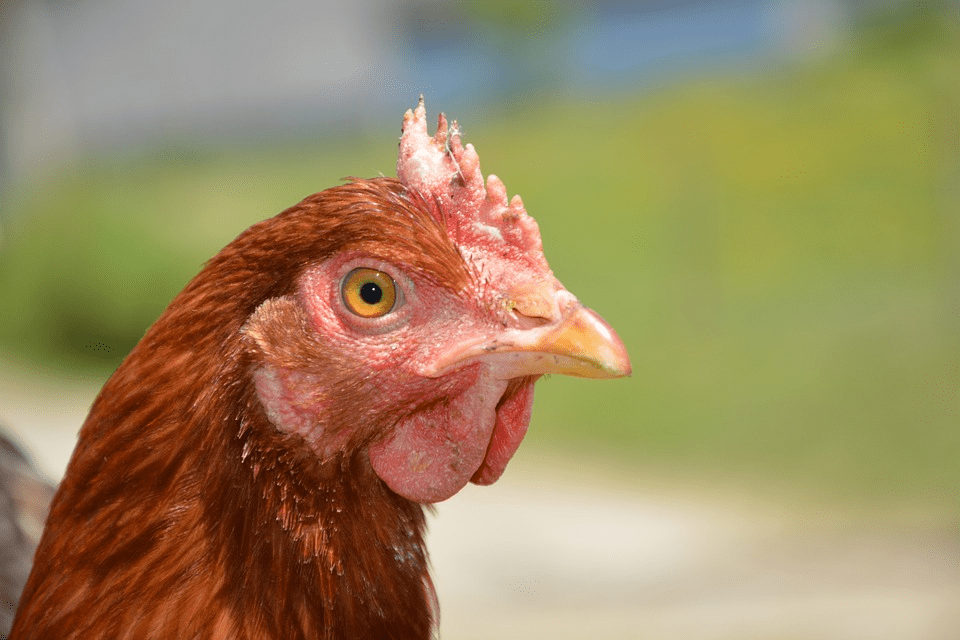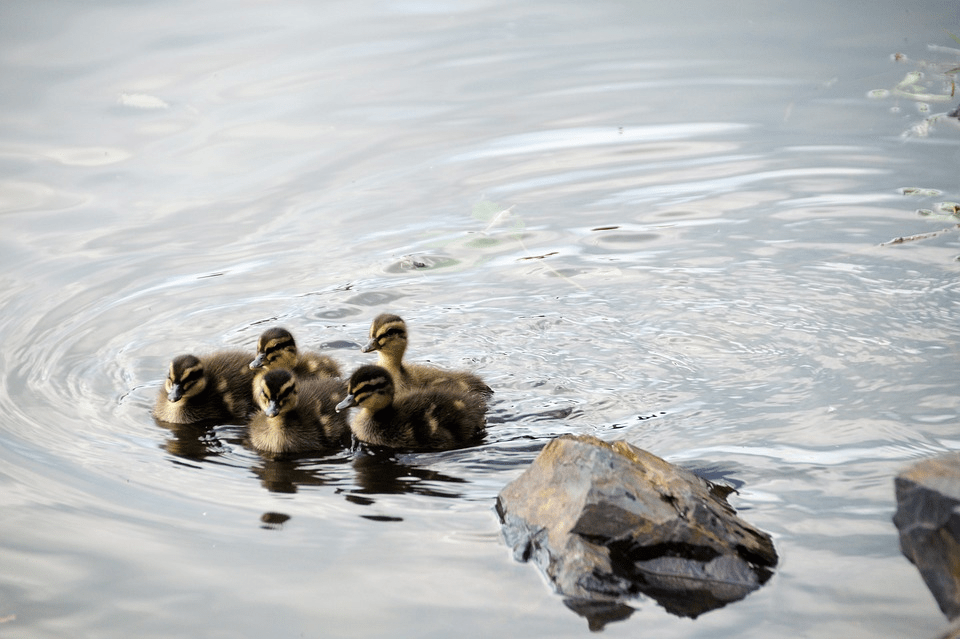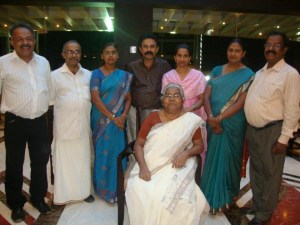When our son Nikhil was commissioned to the Canadian Army, I asked him, “What is the contribution of the Canadian Education system in turning you into a leader?”
Nikhil answered, “It all begins at home and is nurtured at home. We go to school to gain knowledge, fight, resolve issues, refine our social and communication skills etc. Ultimately it is the family that defines what a person is. “
The ideas suggested below have worked with our family, earlier in the Indian Army environment and now in the Canadian environment. It is neither a remedy nor pill for success nor Dummies for Good Parenting. You may accept some, modify some and reject some based on your judgment.
Parenting. We all want to raise children who will be able to raise even better children than we were able to. This incremental improvement in parenting will lead to better societies, to more progress and better understanding between the people.
Parent Child Communication. Good communication is the bedrock of a strong family. Please click to read Importance of Parent-Child Communication.
Decision Making. Children must be allowed to make decisions at a young age. It could be the colour pattern of the home, plants for the home garden, selection of a restaurant for the family outing, movie to be watched, etc.
Adventure Activities. Parents must take children for as many adventure activities as possible. We participated in Marathons and climbed CN Tower as a family. Please click to read Climbing the CN Tower.
We went on camping trips to the wilderness of Ontario. Some of the lessons we learnt during our camping activities are: –
- Be prepared to cope with inconvenience, especially washrooms. The parents must lead by example with a positive can-do attitude.
- Ensure that all children are involved in meaningful camp chores like gathering firewood, collecting water from the tap, etc.
- Teach the campers about the knots, hitches, and lashings as it will save a lot of time in tent pitching.
- Pitch the tent in your backyard the previous weekend. This will teach the campers about tent pitching, managing space inside the tent, entry and exit without letting insects in.
- Basic survival skills—such as building a simple shelter, making a fire, tying a knot, fishing, and berry picking—are all useful skills that may come in handy one day. Such activities are great for teaching cooperation, empowerment, and leadership.
Encourage Risky Play. Children must be encouraged to take risks. Not taking any risks is today’s risk. Please read Risky Play.
Play Chess with the Children. It teaches children the art of planning and forethought. Fit for all ages. Please click here to read.
Personal Finance. Include children while planning family finances. They must be aware of how much the parents earn and how that money is spent. How to make and stick to a budget, how to save, how to invest, how to establish credit, how to manage bill payments, how to fill a tax return – these essential skills children will only learn if they participate in the family financial planning. When our children began to work from high-school days, every hard-earned penny was important to them, and they had to file their tax returns.
Employment and Networking. Teach the children how to write a resume and cover letter. Teach them the importance of social and professional networking and give them the tools to make those connections. Remind them that their social media posts will probably be seen by the hiring manager googling your name.
Using Appropriate Terms to Describe Body Parts. Many children and even adults are embarrassed to use the correct names, especially for sexual organs. Please read It’s Natural, Biological and Not the Stork.
Sex Education. The most difficult subject for many parents to broach with their teenage children, but once you take the first bold step towards it, it becomes easier and will be a rewarding experience. Studies indicate that adolescents whose parents talk to them about sex tend to be less sexually active and more likely to use an effective means of contraception. Many parents are not able to provide all the information about sex that young people need. Only a few ever got a good idea from their parents that helped them talk about sexual issues with their girlfriend/ boyfriend. Parents must be the primary source of information about sexual and reproductive health for their children and not what they learn from their friends or through media or from the internet. Our son’s favourite line being “All my thirst for sex was quenched the day I discussed it with my dad.”
Consent. It is about teaching respect, to be aware of personal boundaries, the body, space, and touch. For older students, discussions can delve into sexuality, relationships, and communication.
Mental and Physical Health. Healthy Mind in a Healthy Body is an age-old adage which to date stands good. While physical education is often covered, many schools ignore students’ mental health. Mental health issues often develop during the school-age years. Children must be helped in coping techniques for stress and depression such as meditation and mindfulness. At home, talk about taboo topics like addiction and suicide, and make them destigmatise mental health issues.
Behavioral Sciences. A must to make our children understand their minds better. Discussions at home about behavioral science can help them understand what motivates them, why they make the decisions they do. Helping them to set their aims and goals based on their dreams and aspirations is a parental duty. Please click here for Dreams, Aims and Goals
Stress Management. “What is the most important aspect of growing up as a high-school student?” I asked Nikhil. “Stress management,” came a prompt reply. “High-school life is all about managing stress – academic stress, parental stress, peer stress. Thank you, Dad, I did not have any stress from my parents.”
How to Speak in Public and Sell an Idea. Confident children will make quality friends, gain the trust of partners or employers. They must articulate in such a way that it makes sense to the listeners. Voice modulation is an important aspect of it and the children must be trained at it. Please click here to read about it.
Profanity. Parents must set an example and children will follow. How to help teens overcome profanity, please click here.
Time Management and Discipline. Both our children said their time management skills helped them to be successful high-school and university students. One got to be on time for the class, for your submissions etc; otherwise, one is sure to lose marks. They had to ensure on-time submission, even if the work was incomplete and may not be of the standard wished – this fetched them some marks than getting none.
First Aid. First-aid training is a lifesaving skill that children can use throughout their lives. If taught at home, it will prepare students to help their classmates and family members in the event of an emergency. Please click here.
Voting. Low percent voter turnout in recent elections all over the world can be attributed to lack of awareness among voting-age children. Parents must teach children about citizenship and participation in the democratic process, history of voting and as to how each one’s vote counts.
Cooking. Joint cooking sessions at our home were both chaotic and fun. Cooking taught them about food, nutrition, and diet. For further reading, please click here.
Gardening. Growing food is a hands-on experience for children to learn about where food comes from, develop healthy eating habits, get some outdoor exercise, and work together to accomplish a goal.
Home Maintenance. Children must be taught the basics of home maintenance. They must be capable of changing a light bulb to driving a nail on the wall. This will arm the children with practical, empowering skills that they can use for a lifetime.
Car or Bike Maintenance. As they grow up, our children will drive a car or ride a bike. It will be a good idea to learn how to maintain them. Practical skills like learning how to change a flat tire, change the oil in the car, or replace the brake pads on your bike will foster a sense of empowerment, self-confidence, and accomplishment. Who other than parents can impart such training?
Religion. Religion must be discussed at home. Both evolution and creation of humankind must be discussed. Meditation must be practised as a calming mental exercise, not a path to enlightenment. Teaching about world religions is the better approach, as it erases stereotypes of religious minorities and fill a pressing need to reduce ignorance about religion.
Human and Animal Rights. Incorporating human and animal rights during discussions can be a good way to prevent bullying, discrimination, and promote inclusion and respect for diversity. Make children aware that no matter our ethnicity, gender, colour, religion, language, sexual orientation, or any other status, we are all equally entitled to our human rights without discrimination. Having a pet or two at home will encourage children to be empathetic to animals.
Gender Identity. Children should know whether you identify as male, female, transgender, non-binary, gender-neutral, or anything else, gender identity affects us all. Tackling issues head-on can help the next generation learn to be more kind, open, and understanding.
Media Literacy. In the era of fake news, teaching critical thinking and media literacy at home is more important than ever. Children must be capable of sifting through it all with a critical eye. Please read To Post or not to.
Digital Etiquette. So much of Childrens’ lives are spent online, making it essential to teach digital etiquette at home. From protecting their privacy to avoiding digital drama, children need to learn how to treat others with respect online, avoid cyber-bullying, and safeguard themselves from online predators.
Alcohol and Marijuana. Countries like Canada have made both legal with strict Minimum Legal Drinking Age (MLDA.) In Canada MLDA is 19 years, but children device dubious means to get around it. How we trode through it, Please click here.
A family is not a private limited company of the parents but is a public company where the parents and children all have equal stakes. Along with the stakes comes duties and responsibilities. It is mandatory for the parents to ensure that they do their bit and that the children do theirs. Making the children do chores at home, making them participate in all family activities, ensuring that their academic pursuits are successful, encouraging them to pursue their hobbies and interest and their sporting interests and above all communicating with them to achieve the aforesaid is what the parents got to do.
A home should be a safe place where the children can mess up. It is not a place for perfection. The parents must guide the children to come out of the mess they create so that they are better prepared to face the world outside full of hatred, judgment, sarcasm, and violence.
A home should be a retreat where the members can find comfort, rest, and healing. A place where children can return after a difficult event or a failure, where they will not be rebuked or made fun of.
